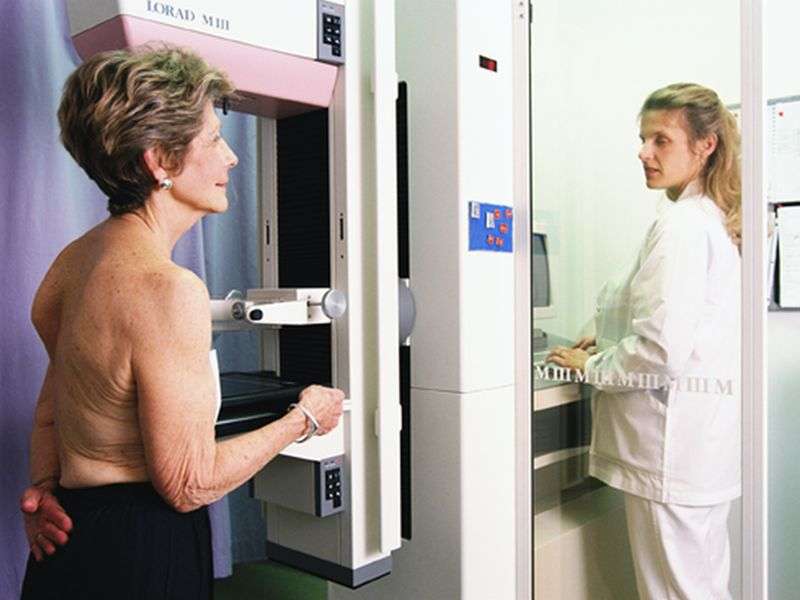Initiation, adherence to AIs low for older women with DCIS

(HealthDay)—For older women with estrogen receptor (ER)-positive ductal carcinoma in situ (DCIS), initiation of aromatase inhibitors (AIs) and adherence to treatment are low, according to a study published online Oct. 25 in Cancer.
Hui Zhao, Ph.D., from the University of Texas MD Anderson Cancer Center in Houston, and colleagues examined the initiation and five-year adherence levels for women aged 66 to 85 years who had been diagnosed with ER-positive DCIS between 2007 and 2011. Data were reviewed for 2,871 women.
The researchers found that about 45 percent of the women initiated treatment with tamoxifen or AIs within one year of diagnosis. Hormone therapy was more likely to be initiated among women aged 66 to 70 years who underwent lumpectomy and radiation therapy. Patients' geographic locations, education, marital status, year of diagnosis, and race/ethnicity also correlated with initiation of therapy. Among users there was a decrease in adherence from 67 percent in the first year to 30 percent in the fifth year.
"Initiation and adherence levels for tamoxifen or AIs among older women with ER-positive DCIS are low," the authors write. "Future studies should develop methods to ensure that informed discussions take place between health care providers and patients regarding hormonal therapy for cancer prevention."
More information: Full Text (subscription or payment may be required)
Copyright © 2016 HealthDay. All rights reserved.















